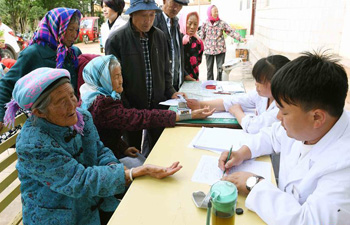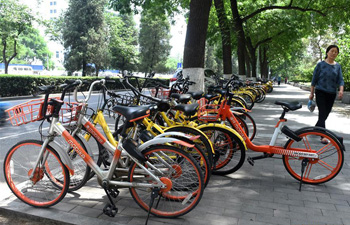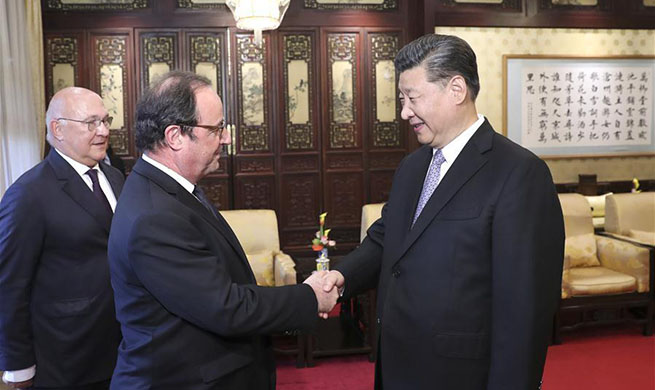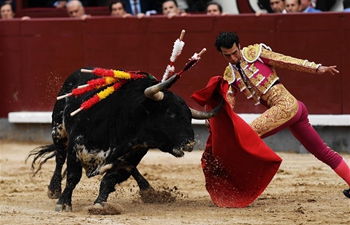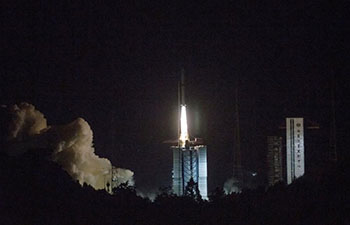ISTANBUL, May 25 (Xinhua) -- Turkish analysts expect the government to adopt austerity policy following the polls in June, as the country's economy has been hit hard by sharp currency rates amid high inflation and unemployment.
"Turkey will probably go to IMF (International Monetary Fund) for help," Aziz Konukman, a professor of economics at Gazi University, told Xinhua.
He made the comments after the Turkish lira has lost around 25 percent of its value against the U.S. dollar since the beginning of this year.
The Turkish currency rebounded from a record low of 4.92 against the dollar on Wednesday after the Central Bank increased its key lending rate from 13.5 percent to 16.5 percent.
Turkey is to hold elections on June 24, 17 months earlier than planned, partly over reported concerns about the state of the economy.
If the foreign capital outflow continues unimpeded for another couple of weeks, then the economy could come to a sudden halt due to capital shortage, said Seyfettin Gursel, head of the Center for Economic and Social Research at Bahcesehir University.
In addition to the outflow of foreign capital, local demand for foreign currencies and a huge amount of foreign debt due are also contributing to the lira's sharp fall.
Turkey's economy needs foreign loans as much as 241 billion U.S. dollars in the next 12 months to pay debts and cope with a yearly current account deficit of 55 billion U.S. dollars.
"I fear that the government may have to knock on the IMF's door," Gursel told Xinhua.
Turkish companies with foreign loans may face serious problems in debt refund due to the sharp rise in foreign currencies.
In Turkey, the private sector's total net debt in foreign exchange is 222 billion dollars. A 10-cent fall in the value of the lira means the private sector's debt will increase by 22.2 billion liras.
Turkey is suffering from a chronic high inflation and unemployment -- both at over 10 percent. And Turkey has been under a state of emergency since the failed coup in July 2016.
The ruling Justice and Development Party argues that the hike in currency rates is speculative and part of a plot by some foreign powers to prevent it from winning the June elections.
What some foreign circles seek to achieve by manipulating the dollar is to prevent President Recep Tayyip Erdogan from re-election and block Turkey from getting stronger, government spokesman Bekir Bozdag said on Wednesday.
A victory by Erdogan means the switch to an executive presidency from the current parliamentary system, a scenario denounced by some opposition parties in Turkey and Ankara's allies in the West.
Many feel the Central Bank should have raised the interest rate much earlier for the move to be really effective.
Opposition parties have long called on the government to restore the rule of law and lift the state of emergency so as to woo investors.
In a speech on Wednesday, Erdogan stressed that Turkey is a country where the market economy is in place with all its rules and institutions, calling on the nation not to buy foreign currencies.






